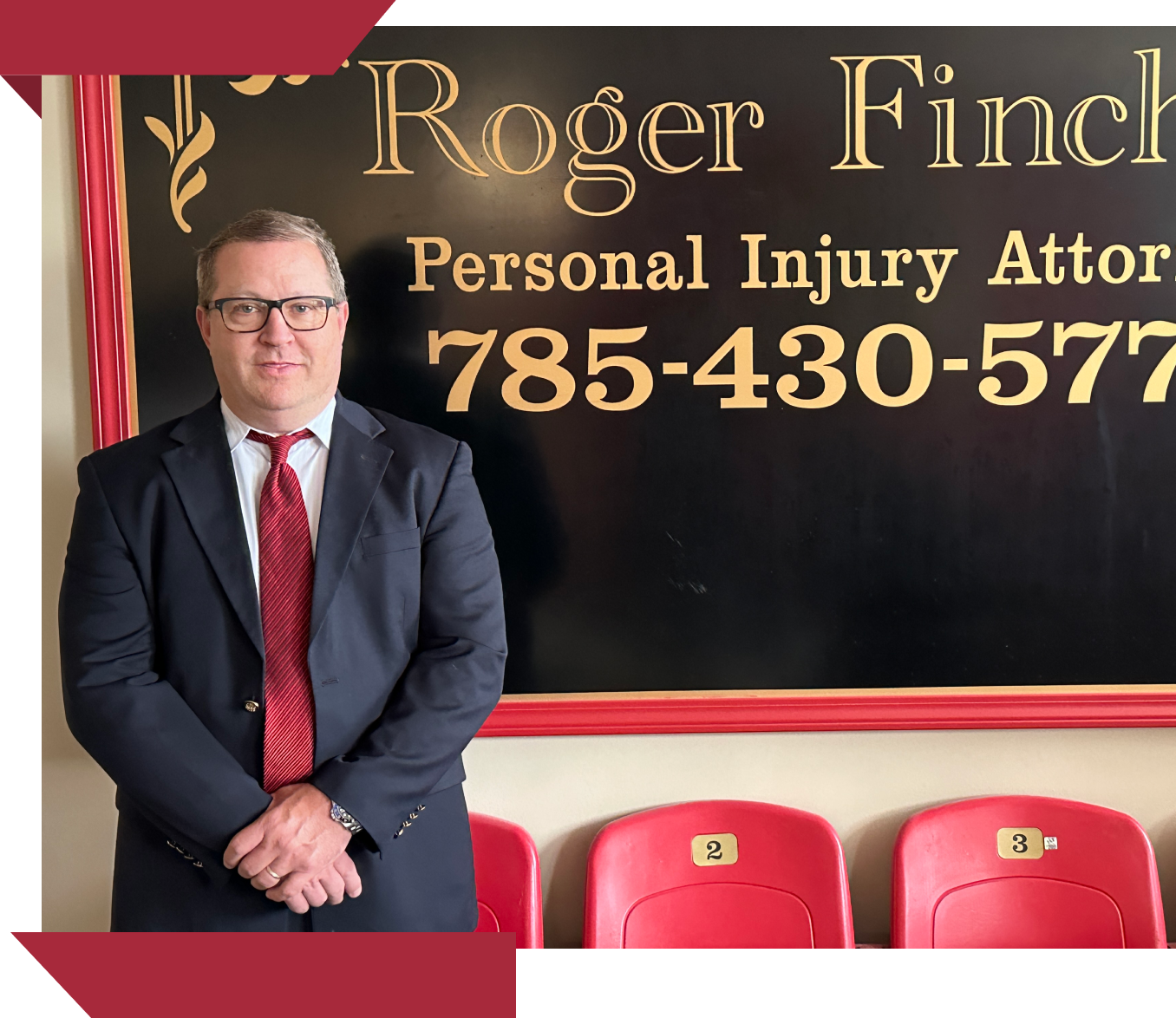When you've been injured on the job, it's essential to understand the differences between worker's compensation and personal injury claims. Both types of claims can provide compensation for your injuries, but there are key distinctions in the processes, eligibility, and potential benefits. This blog post will delve into these differences and provide valuable tips to help you navigate the complexities of these claims.
One of the main differences between worker's compensation and personal injury claims is the basis for the claim. With worker's compensation, you do not need to prove that your employer was negligent or at fault for your injury. As long as the injury occurred during the course of your employment, you may be eligible for benefits.
In contrast, personal injury claims require you to prove that another party was negligent and that their negligence directly caused your injury. This can be a more challenging process, as you will need to gather evidence and potentially engage in negotiations or litigation to establish fault and recover damages.
Another key difference between worker's compensation and personal injury claims is the types of compensation available. With worker's compensation, you may be eligible for benefits such as:
However, worker's compensation does not typically provide compensation for pain and suffering or other non-economic damages.
On the other hand, personal injury claims can potentially provide a broader range of compensation, including:
As a result, the potential recovery in a personal injury claim may be higher than in a worker's compensation claim, depending on the specific circumstances of your case.
The processes for pursuing worker's compensation and personal injury claims also differ significantly. Worker's compensation claims are typically handled through an administrative process with your state's worker's compensation agency. This process involves filing a claim, gathering documentation, and potentially attending hearings or engaging in negotiations with your employer's insurance company.
Personal injury claims, on the other hand, often involve negotiations with the at-fault party's insurance company or pursuing a lawsuit in civil court. This process can be more complex and time-consuming, and may require the assistance of an experienced personal injury attorney to navigate effectively.
Given the complexities and differences between worker's compensation and personal injury claims, it's crucial to have knowledgeable legal representation on your side. At Roger Fincher Attorney at Law, we have extensive experience handling both types of claims and can help you understand your options and pursue the compensation you deserve.
Whether you need assistance with a worker's compensation claim or believe you have a valid personal injury claim, don't hesitate to contact us for a free consultation. We are committed to providing compassionate and effective representation to injured individuals in Topeka, KS, and the surrounding areas.



How Can We Help You?
How Can We
Help You?
Schedule a Free Consultation Now By Contacting
Our Team at (785) 430-5770 or by completing the form below
Schedule a Free Consultation Now
By Contacting Our Team
at (785) 430-5770
"*" indicates required fields